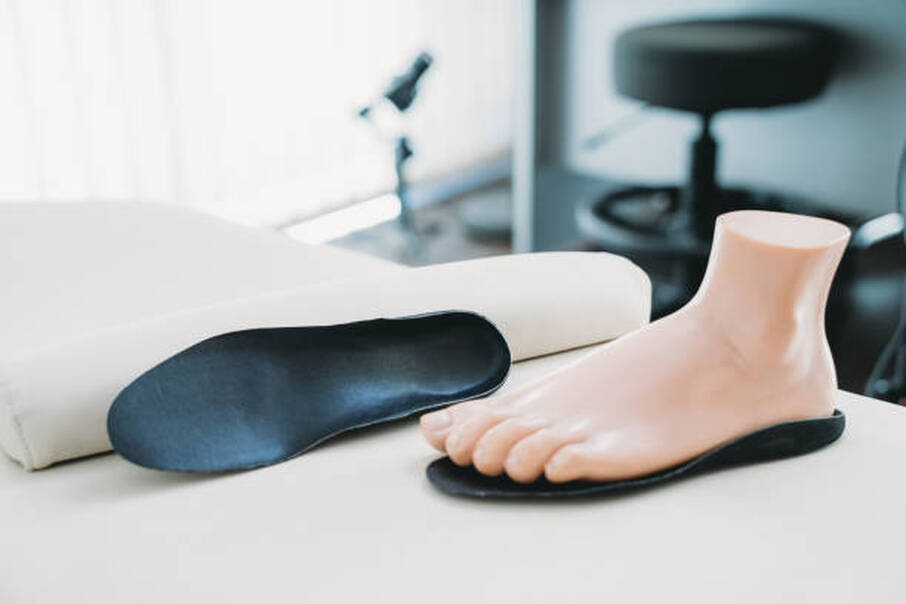 NewJersey prosthetics and orthotics are two fields of medical science that focus on restoring function and appearance of the human body. Prosthetics can also help align movable body parts, such as feet and knees. Foot and knee orthotics are specifically designed to correct a person's walking patterns. Microprocessor technology is also used in these devices. If you or a loved one needs a prosthetic limb, contact a prosthetics specialist today to get started. A Master of Science in Prosthetics and Orthotics program prepares students for the field after earning a bachelor's degree. It requires a series of prerequisite courses that prepare students for an advanced training program in orthotics. Alternatively, the program can be completed online if you're already a certified prosthetist. Prosthetics and orthotics technicians fit orthoses and artificial limbs to restore function and appearance in patients. Students pursuing a master's degree in prosthetics and orthotics can expect to gain a broad foundation of knowledge in biomechanics, neuroscience, and kinesiology. Coursework includes evidence-based practice, and the program is taught in a collaborative university environment. Students who complete the program will be eligible for licensure and certification in the field. While many students will go on to work for bionics companies New Jersey, the MSPO degree is particularly well suited to professionals seeking a career in the field. Patients who have foot or leg amputations and require foot or leg prosthetics are typically treated for similar conditions. Those who suffer from diabetes often require orthotics to help them manage the condition. Patients with diabetes may also require orthotic devices after complications related to the disease. For example, if a person is born with amputation of a foot, their prosthetic device can replace the foot or leg. It's important to note that the medical field has seen significant advances in this field in recent years. In many countries, orthotics and prosthetics services are governed by limited guiding frameworks. An international study showed that about 30 countries have some type of governing body for orthotists and prosthetists. While there are governing bodies for both fields, there is currently no universal professional body for orthotics or prosthetics. However, both bodies have a long way to go. Hopefully, the new guidelines will help promote greater access to orthotics services worldwide and help achieve universal health coverage and sustainable development goals. For a career as an orthotist or prosthetist, you need to complete an undergraduate degree in biology, chemistry, and physics, or a related field. Depending on the program you choose, prerequisite courses vary, but generally include biology with lab and physics. Other required courses may include psychology, statistics, and human anatomy and physiology. In addition to an undergraduate degree, students must complete a one-year residency. A prosthetist will typically measure the patient's body and take note of any prosthetics recommended by a physician. He or she will then make a model of the area where the prosthesis will be worn. In some cases, he or she will customize the prosthesis according to the patient's needs, as well as any other modifications that may need to be made. So, if your physician recommends orthotics, your prosthetist will be able to customize the prosthesis. Check out this post: https://www.encyclopedia.com/economics/news-and-education-magazines/orthotist-and-prosthetist that has expounded on the topic.
0 Comments
Leave a Reply. |
 RSS Feed
RSS Feed
